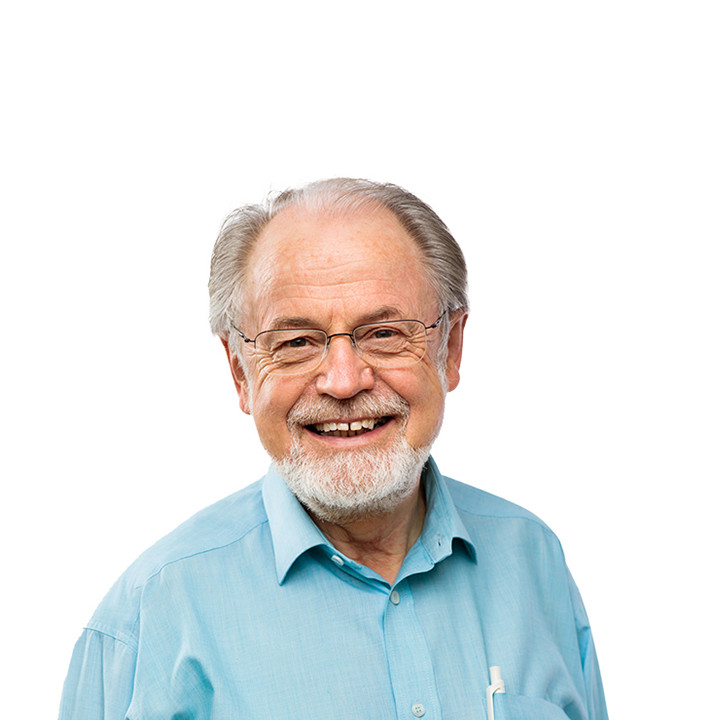Jan Hoeijmakers did his PhD (University of Amsterdam) on the very peculiar fishnet-like kinetoplast DNA of trypanosomes, which cause African sleeping sickness. In ‘spare’ time he discovered unexpected DNA rearrangements underlying antigenic variation which allows this parasite to evade immune destruction.
Subsequently he started the molecular analysis of DNA repair in mammals at the Dept. of Molecular Genetics (Erasmus University Rotterdam) in 1981. He cloned the first and subsequently many other human DNA repair genes, allowing elucidation of DNA repair mechanisms and resolving the basis of human repair syndromes, such as the cancer-prone disorder xeroderma pigmentosum and the severe neurodevelopmental conditions Cockayne syndrome and trichothiodystrophy. His team pioneered DNA repair dynamics in living cells exploring novel imaging technologies, generated numerous mouse repair mutants, discovered a strong connection between accumulation of DNA damage and (accelerated) aging and a trade-off between cancer and aging. Importantly, the mouse mutants appeared superior models for normal aging including Alzheimer’s disease addressing a tremendous unmet medical need. Accumulation of unrepaired DNA damage causing premature cell death and senescence also triggered an anti-aging ‘survival response’ which enhances maintenance at the expense of growth resembling the longevity response by dietary restriction. Remarkably, subjecting repair-deficient progeroid mice to actual dietary restriction tripled their lifespan and drastically retarded accelerated aging most impressively neurodegeneration by reducing DNA damage accumulation and transcriptional stress. DNA-damage-induced transcription stress was also discovered as a major cause of normal aging and provides an explanation for the molecular basis of all proteinopathies in ageing-related dementias. These findings have wide clinical implications for therapy of humans genome instability syndromes, dementia’s, treatment by chemo- and radiotherapy and ischemia-reperfusion injury associated with surgery and organ transplantation. For his work he received numerous awards and prizes including two advanced grants of the European Research Council.



